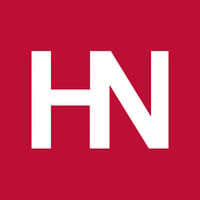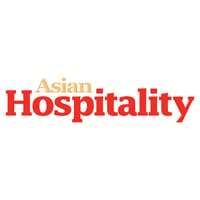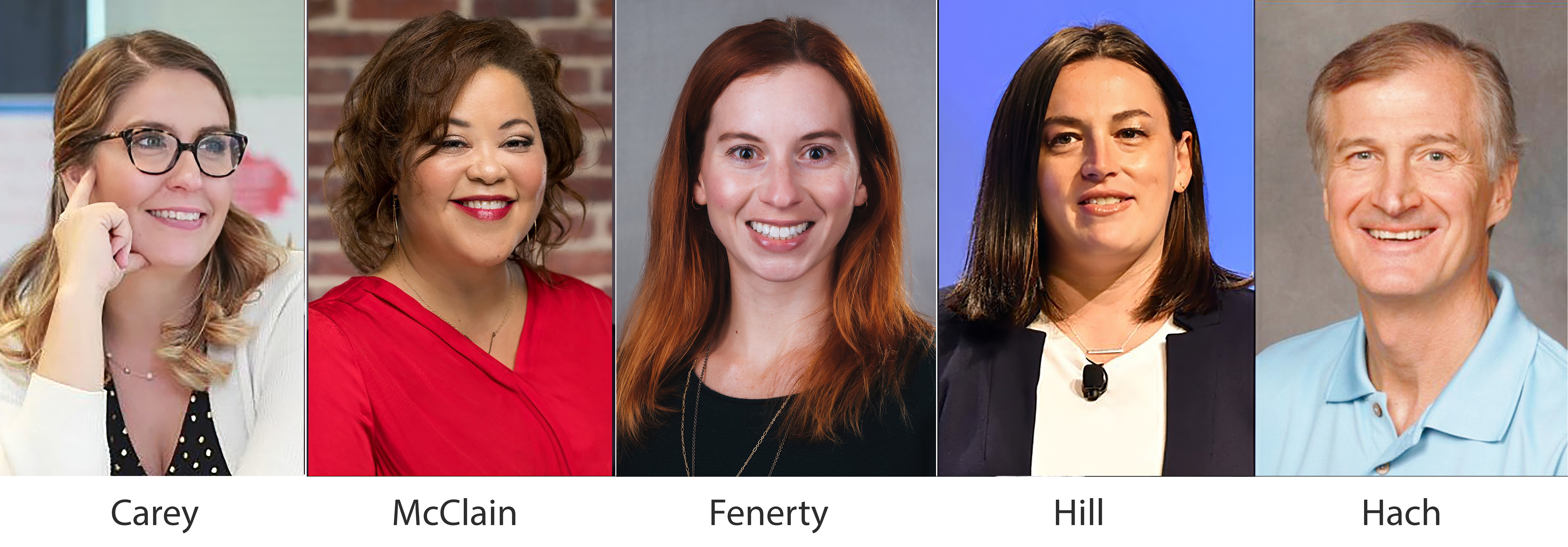Industry Leaders and Disruptors Gather to Learn Latest in Innovation and Technology class="...
In the News
What the Hotel World Looks Like in 2020
By Bob Rauch, President of RAR Hospitality and Sarah Andersen , Business Development Manager at RAR Hospitality
Hotel Distribution is arguably the big topic of the near term. Expedia Group and Booking Holdings (previously Priceline) are the two big online travel agencies (OTAs), dominating well over 70% of OTA market share. Now this duopoly faces major disruption by Airbnb, Facebook, and Google. Airbnb just bought HotelTonight, an app-based company that sells last-minute, unused boutique and independent hotel inventory. Meanwhile, SiteMinder's "BookingButton" already integrate into Facebook business pages as a widget, eliminating the need to click away from the site to make a booking. Add in the possibility that Google might be more proactive in playing in the travel space and an OTA war is in the making. What does this mean for the hotel industry? It's great news. The average commissions for Expedia and Booking Holdings are 15% or more. Airbnb has traditionally worked on a model of 3%. Many other peer-to-peer vacation or short-term rental companies are also out there booking non-branded hotel rooms. As OTAs consolidate and compete, we believe the commissions will come down.
OTAs have always promoted the "billboard effect," espousing that they are promoting hotels with hundreds of millions of dollars and that spending benefits the industry as a whole. That theory has largely been debunked by Kalibri Labs in a study funded by the American Hotel & Lodging Association (AH&LA). Recently, direct booking channels, promoted aggressively by the brands, have changed the landscape with direct outperforming OTA bookings over the past year. Moreover, there are other entities that could enter the fray such as Amazon, Apple and as mentioned above, Google and Airbnb.
Artificial Intelligence
Robotics is making great strides in hospitality. Service robots will soon be mass produced and can vacuum floors, deliver items to guests and answer questions like a concierge. Machine-learning combined with message apps are bringing a new model of engagement to the mobile screenand chatbots can enhance the conversation with customers, enabling better experiences. They are able to answer questions, enable a purchase or report weather just like Amazon's Alexa can in your home.
The "Internet of Things" will bring big data to the forefront of consumer decision-making via wi-fi and new 5G standards. According to a MarketsandMarkets report, the global WiFi market will be worth 33.6 billion by 2020. In this mobile-connectivity revolution, hotel agents will become computer-aided and support cognitive networksand consumer's semantic search will be based on their interests and priorities. Choosing a destination and creating the perfect experience will become much simpler. Further, platforms like property management systems (PMS), central reservation systems (CRS) and revenue management systems (RMS) will make the merchandising and conversion process more automated while pricing becomes more dynamic and predictable.
Personalization
User-generated content combined with personalized itineraries will continue to enable tech-savvy and sophisticated travelers to increase their travel expectations. Taking a page out of Airbnb's book, hotels willdeliver experiences in a highly personalized and flexible manner. This is done by continuing to improve the percentage of business from direct bookings. The big hotel companies own the customer and while the costs are high for independent hotels to obtain direct bookings, Hilton, Marriott and IHG already have tens of millions of loyal travelers.
Kalibri Labs
Smith Travel Research (now STR) started the shift from hotelier to educated hotelier 30 years ago. The next generation competitive set is now determined by each segment (match by geography, rate, day of week, lead time; overall "demand curve") comes from Kalibri Labs (KL). Cindy Estis-Green and Mark Lomanno (former STR President) have created an outstanding platform for channel analysis, acquisition costs review, loyalty contribution and more. They have standardized mapping and cost factors by channel, market segment, rate category, channel costs, transaction fees, loyalty costs, retail commissions, wholesale commissions, and sales and marketing costs. According to KL, customer acquisition costs are 15-25% of guest-paid revenue (transaction-specific costs and cross-channel costs). Information on this is available from KL.
Final Thoughts
Change has never been easy for some, but we have reached the tipping point in hospitality where the old school methods (hard work, talking to customers, caring about each employee) are not enough. They are critical, because without the "hands on" touches, we do not have hospitality. However, without deep knowledge of technology and industry trends, we become dinosaurs, especially if English is our only language. The next generation traveler wants to hang-out together in the lobby as a party of one, wants and expects technology and is more frequently an international traveler with an occasional need for additional languages. Those who are not up-to-speed will increasingly feel the heat—those who are up-to-speed will enjoy the rapid changes coming our way. To a great remainder of 2019!
Read the full article on Hospitality Net
Schedule a demo to learn more about our revenue strategy platform




